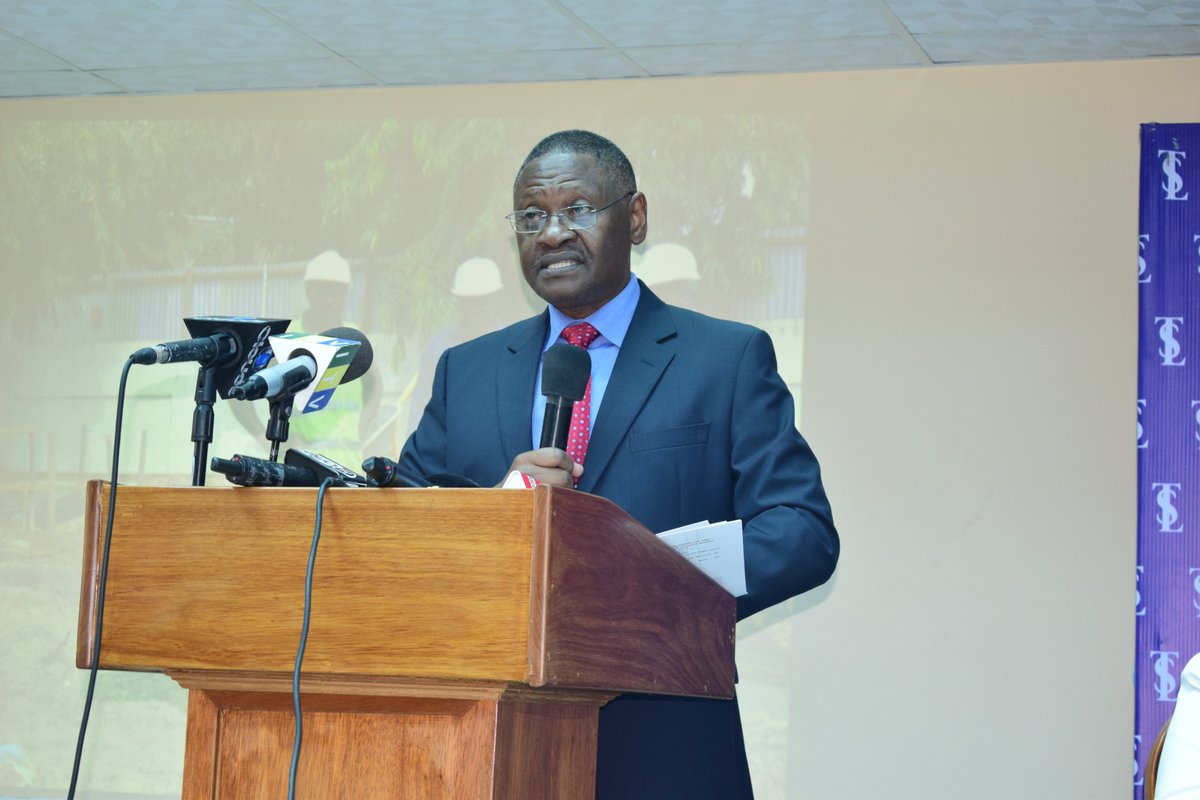AfricaPress-Tanzania: CHIEF Justice Prof Ibrahim Juma has appointed 114 new Juvenile Courts, as specialised courts to handle and determine cases involving children aged 18 years and below.
This was revealed by Deputy Registrar of the High Court of Tanzania, Ms Nyigulile Mwaseba, while presenting a topic on “Structure and Jurisdiction of the Juvenile Court” at the just ended training for court reporters and editors held in Morogoro recently.
The deputy registrar explained that last year, that is 2019, section 98 (2) of the Law of Child Act was repealed, with Act No. 1, 2020 designating all District Courts and Courts of Resident Magistrate’s Court as Juvenile Courts.
Such lawmaking process was a result of the move by the Attorney General (AG), Professor Adelardus Kilangi; to the Parliament of United Republic of Tanzania to amend the Law of the Child Act and to expand the jurisdiction of Juvenile Courts in determining cases involving children.
Shedding light on the matter, Ms Mwaseba gave a detailed account on procedure for operation of the Juvenile Court, as set out in the Law of Child (Juvenile Court Procedure) Rules, which is Government Notice (GN) No. 182 of 2016, as well as the Child Act.
“Juvenile Court sits as often as necessary, while the proceedings are held in camera and shall be informal as possible,” the deputy registrar said during the training session organised by the Institute of Judicial Administration Lushoto under sponsorship of the World Bank.
Presenting more conditions for operations of the Juvenile Court, she explained that during court sessions a Social Welfare Officer shall be present, as well as the right of attendance by a parent, guardian, or next of kin and that the child shall have a right to next of kin and representation by an advocate.
Her list for those required to attend court proceedings involving a child as parties to the case, that is prosecution and defence, witnesses and other persons directly concerned or involved in the case and any other person whom the court may authorise to be present.
“While conducting such proceedings, the court shall observe principles of justice for the children, notably the best interest of the child, a primary consideration as specified under section 4 (2) of the Law OF Child Act,” the deputy registrar stated.
Other principles to be observed include every child to be treated with respect and without discrimination of any kind and that the child shall have the right to participate in the proceedings.
In 2019, the AG moved a bill, proposing amendments of the Law of Child Act aimed at conferring jurisdiction to all District Courts and courts of Resident Magistrate to handle juvenile case.
The amendments were also aimed at placing juvenile courts under management and supervision of the district courts and courts of resident magistrates in their respective districts and regions.
A juvenile is a child or young person who is not yet old enough to be regarded as an adult. In the eyes of the law, a juvenile or a minor is any person under the legal adult age.
This age varies from State to State, but in most States the legal age of majority is 18. Therefore, a juvenile is a person who has not reached the age, usually 18 years, at which one should be treated as an adult by the criminal justice system.
When children commit crimes, whether it is shoplifting or assault and battery, their cases are typically heard in juvenile courts, where the emphasis is on counselling and rehabilitation versus hard time.
The common belief is that juveniles still have a lot of time to mature and become functioning members of the society, and should not be put in the same custody/cell with adult prisoners.
Once being tried, the age of the offender at the time the offence was committed would typically determine jurisdiction.







